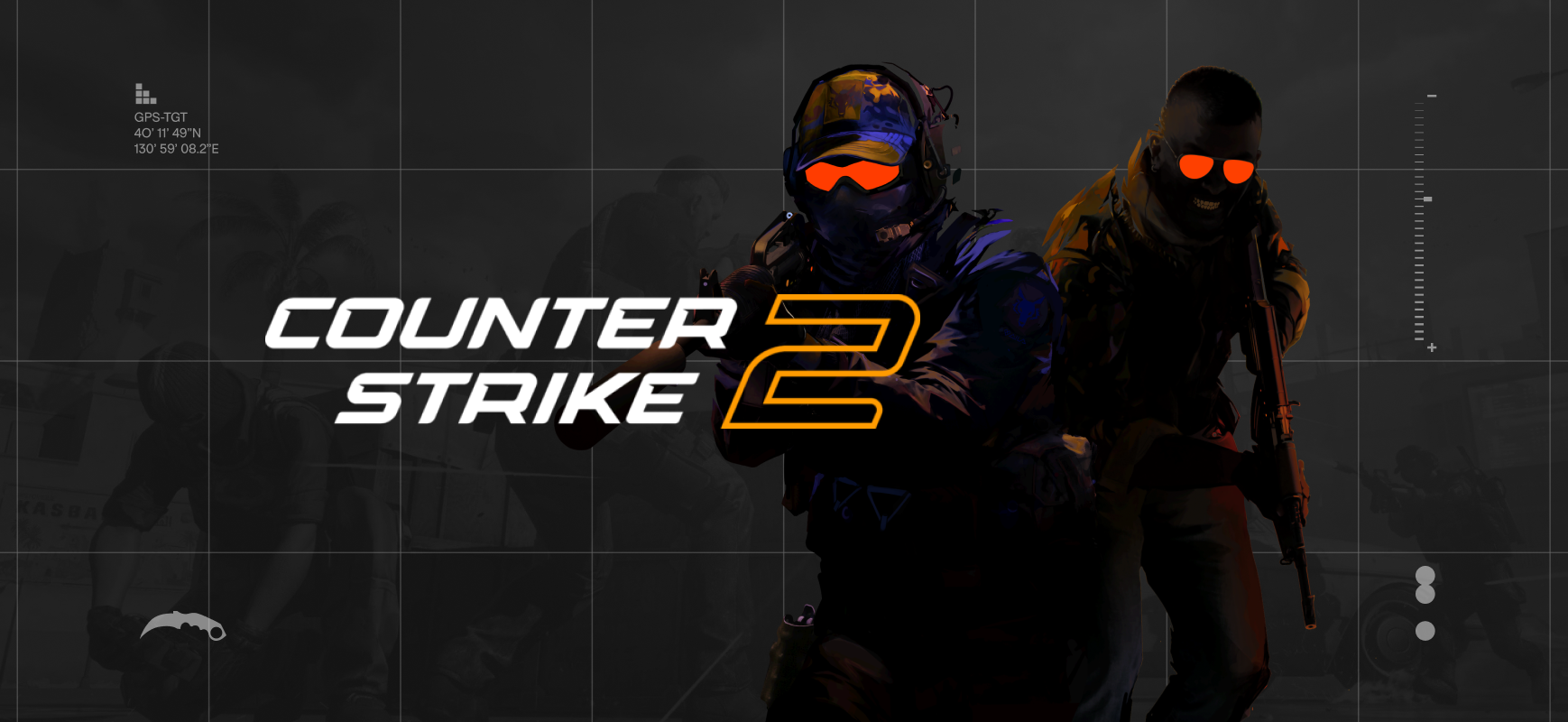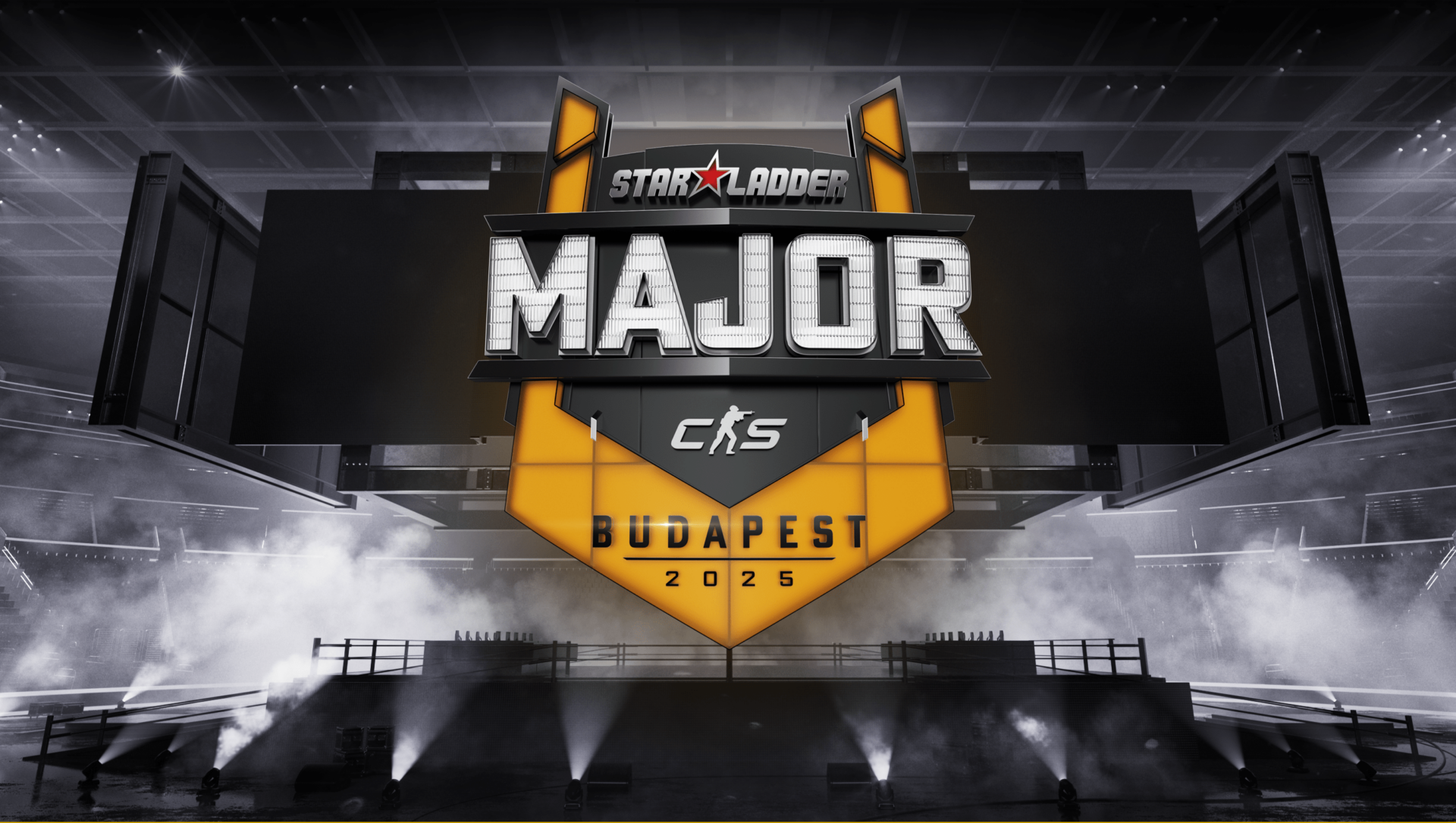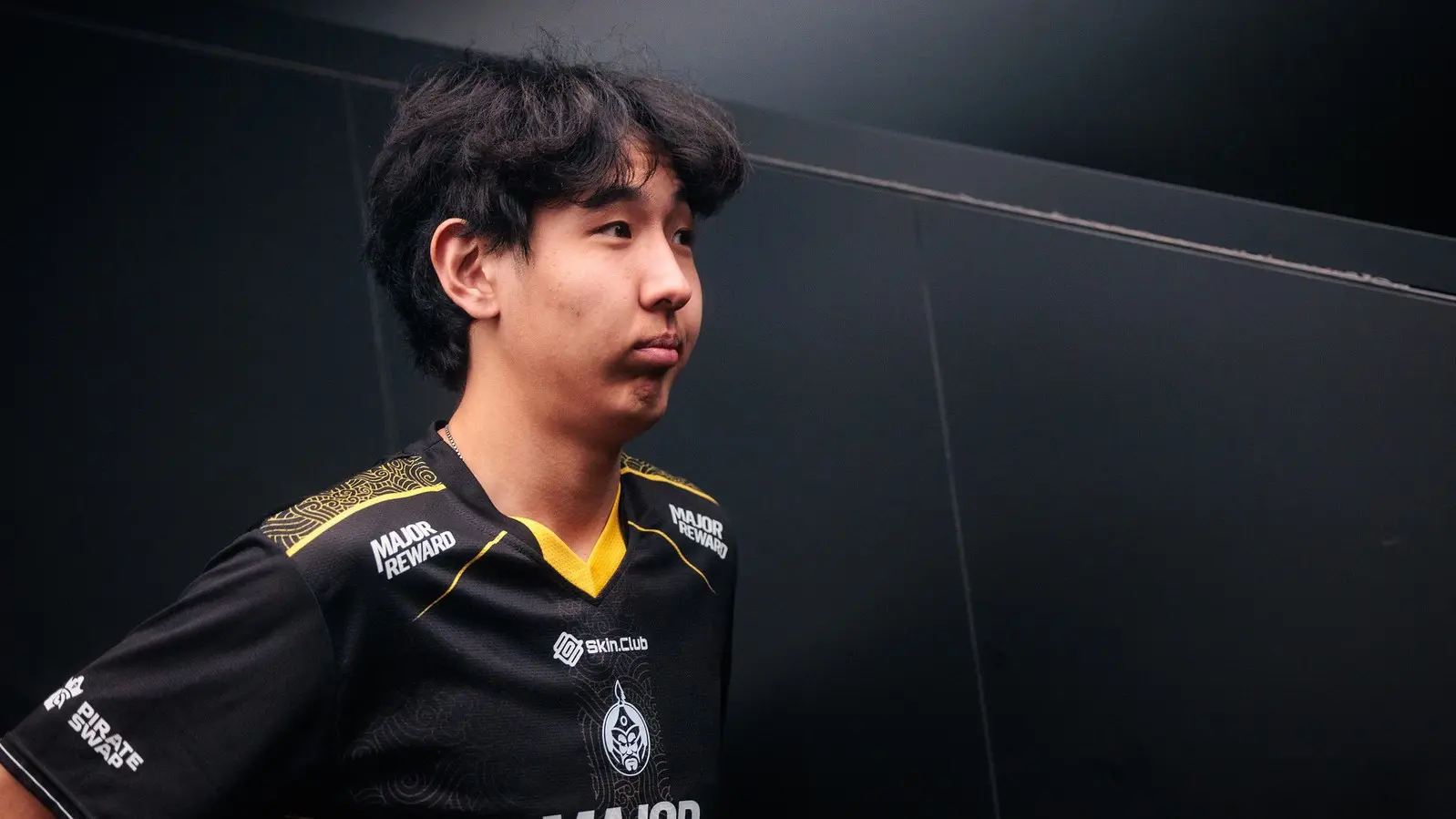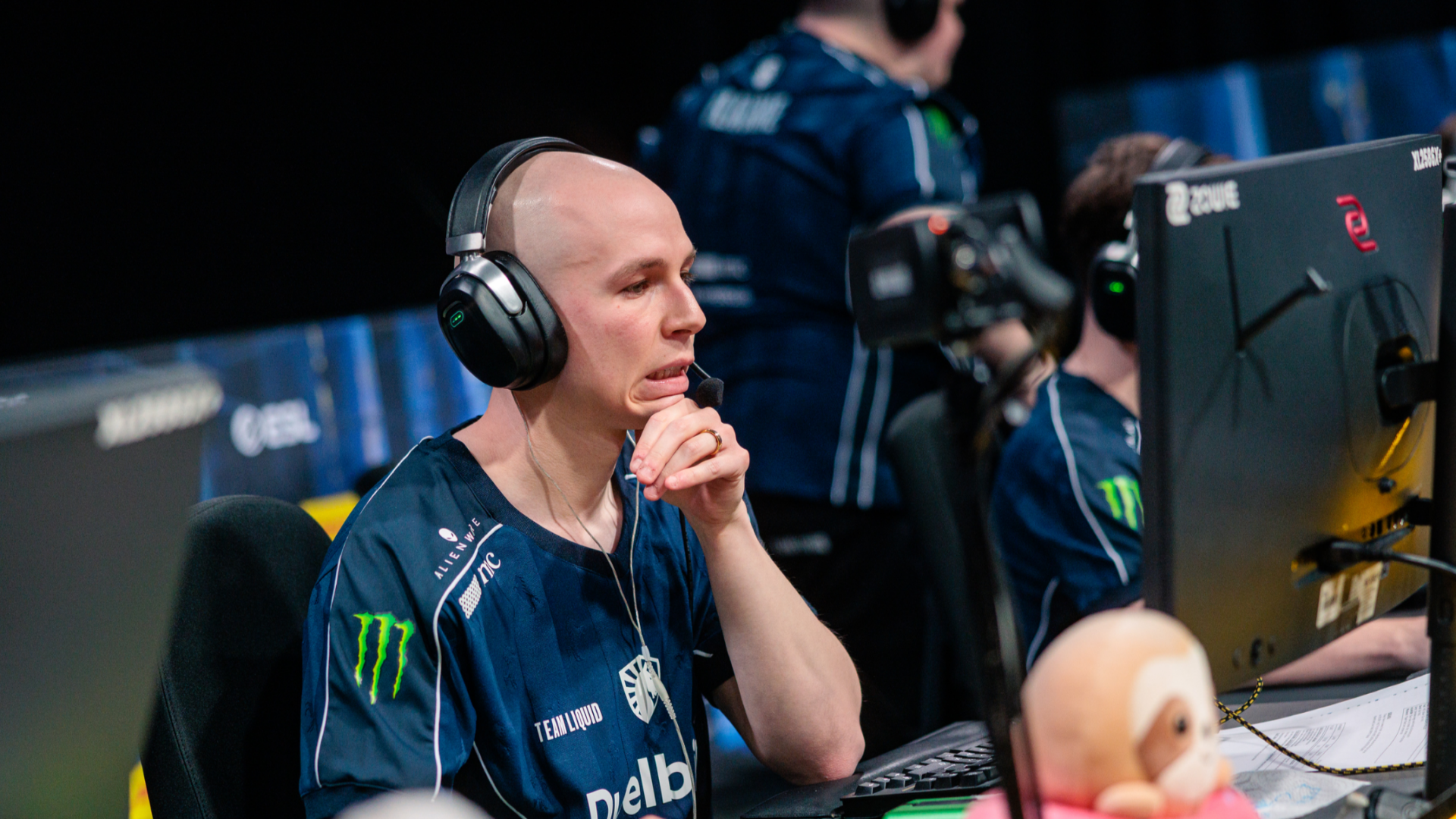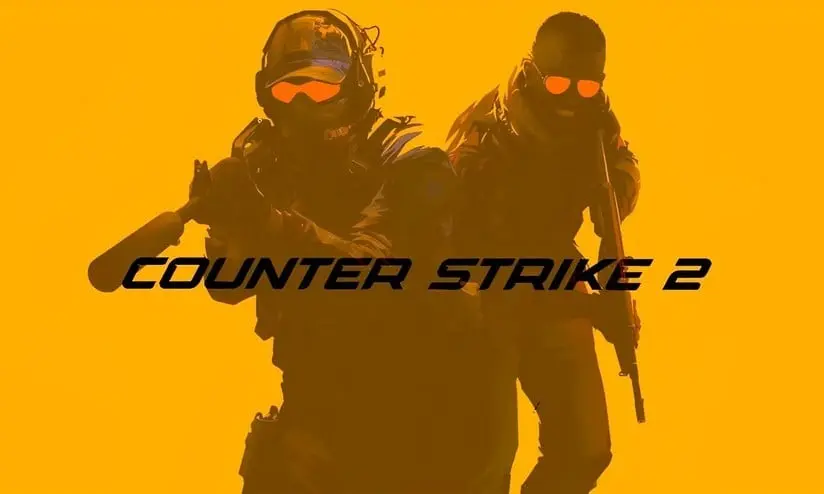While the 32 qualified teams for StarLadder Budapest Major 2025 fill the newsfeed with interviews and previews, those who fell just one step short remain almost invisible. These are the teams that stopped at the final stretch of qualification — the ones who felt the flaws of the Valve Regional Standings system most painfully. HLTV spoke with MUTiRiS, alex, LNZ, ArtFr0st, and Perfecto, who openly described the reasons behind their failures, the exhaustion, and the nostalgia for the RMR era — stories full of frustration and a sense of injustice.
“We can only blame ourselves”: teams on lost opportunities
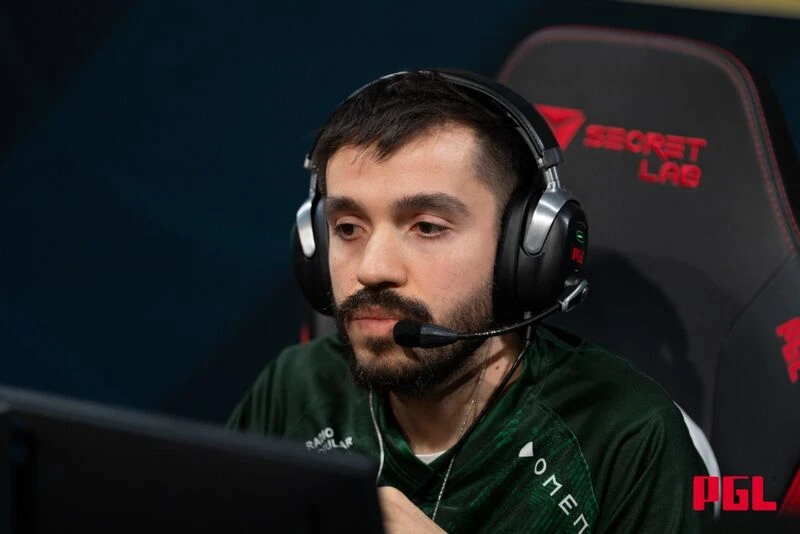
SAW’s Portuguese IGL MUTiRiS speaks bluntly: his team had a perfect position to qualify for the Major but squandered it themselves. At Fragadelphia Blocktober they lost to 9INE in the quarterfinals and watched fnatic take what could have been their spot.
We can only blame ourselves. It was bad from our side, MUTiRiS says.
At the same time, he admits that the LAN conditions were far from equal. Fragadelphia is a local event — no practice rooms, no infrastructure European teams are used to.
When you go to an RMR, you have perfect conditions. In Philadelphia, you just play a LAN without any of the small things that let you perform at your maximum.
HEROIC’s LNZ shares a similar sentiment. His team deliberately skipped late-season VRS LANs, focusing instead on tier-1 events. The result: no Major.
- “We could have tried… but it’s easy to be smart in hindsight,” the Swede says.
- “If we simply won our matches, we would be at the Major.”
alex from Gentle Mates admits the same: they had a chance — and lost it.
We lost too many important games. We had the opportunity and didn’t use it.
Despite their different paths, all players arrive at the same conclusion: the main reason for failure wasn’t the system — but themselves.
read more
The LAN boom: what VRS actually did right
Despite criticism, nearly all players agree on one thing: the explosion of lower-tier LANs is a huge advantage of the new season.
alex, MUTiRiS, and LNZ unanimously praise how the system brought Counter-Strike back to its roots: less online, more real competition.
- “Online right now is chaos. LAN brings back real Counter-Strike,” alex says.
- “It feels like the old days again. It’s fun,” adds MUTiRiS.
VRS inadvertently revived the tier-2 scene: small LANs began popping up everywhere, and mid-level organizers suddenly had a chance to attract strong teams. But what helped some ended up hurting others.
Overheating and exhaustion: “Teams were on the road for a month straight”
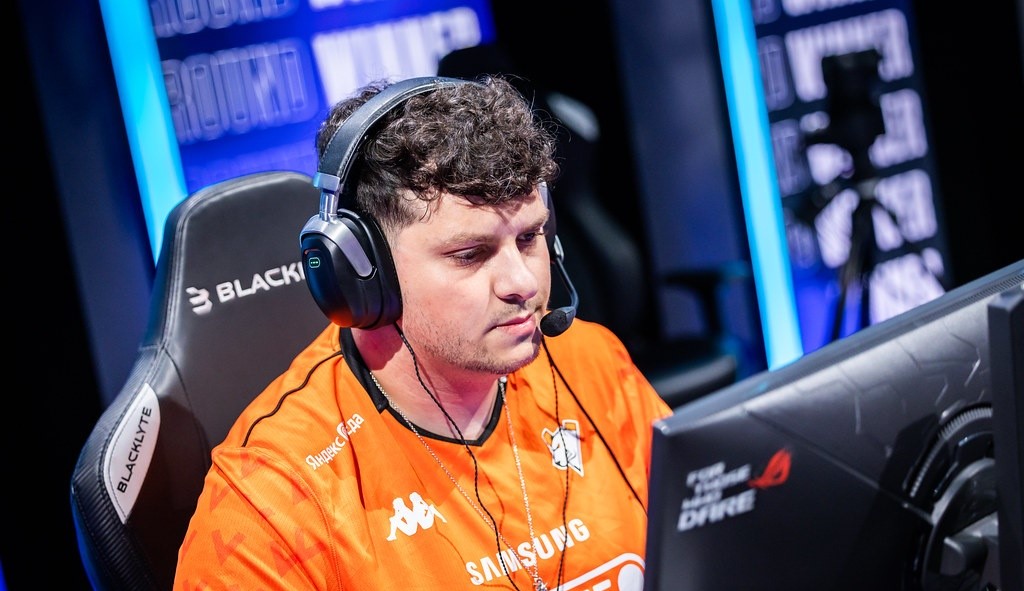
The downside is the insane schedule.
To collect VRS points, teams were forced to travel from LAN to LAN — sometimes without a single break.
Some teams were away for more than a month. It’s too much. You burn out before you even reach the decisive matches, MUTiRiS says.
Stress, endless travel, no recovery — all of this created frustration and fatigue, especially toward the end of the season. For many teams, this was the main reason they fell short.
System abuse: “You can just host your own LAN and qualify for the Major”
Perfecto voices what many only whisper: the new qualification system is too easy to exploit.
Anyone can organize a LAN, hand out points — and suddenly you’re going to the Major. It’s weird.
Players doubt that Valve properly verifies the legitimacy and quality of tournaments awarding VRS points. MUTiRiS even notes the risk that prize money might simply… never be paid:
An organizer can announce a big prize pool, but who guarantees they’ll actually pay it out?
There is clear room for abuse — and players see it.
Unequal conditions: from the tier-1 trap to visa chaos
LNZ brings up another form of unfairness: some teams faced the best teams in the world, while others farmed points on tier-3 LANs.
It shouldn’t be possible that a team constantly facing Vitality, Spirit, or FaZe loses a Major spot to someone who beat a tier-4 lineup. That’s not fair.
For Russian teams the situation is even worse — visas. Virtus.pro lost crucial points after being denied entry to Sweden for ESL Pro League. Perfecto puts it harshly:
You work, dream, train. And then you’re blocked at the border — and you lose the Major. It’s hell.
BetBoom fell into the same trap. Their inability to travel meant no LAN points.
We simply couldn’t go. Online? You can win three matches, lose the final — and lose all your points, says ArtFr0st.
One system — but very different playing conditions.
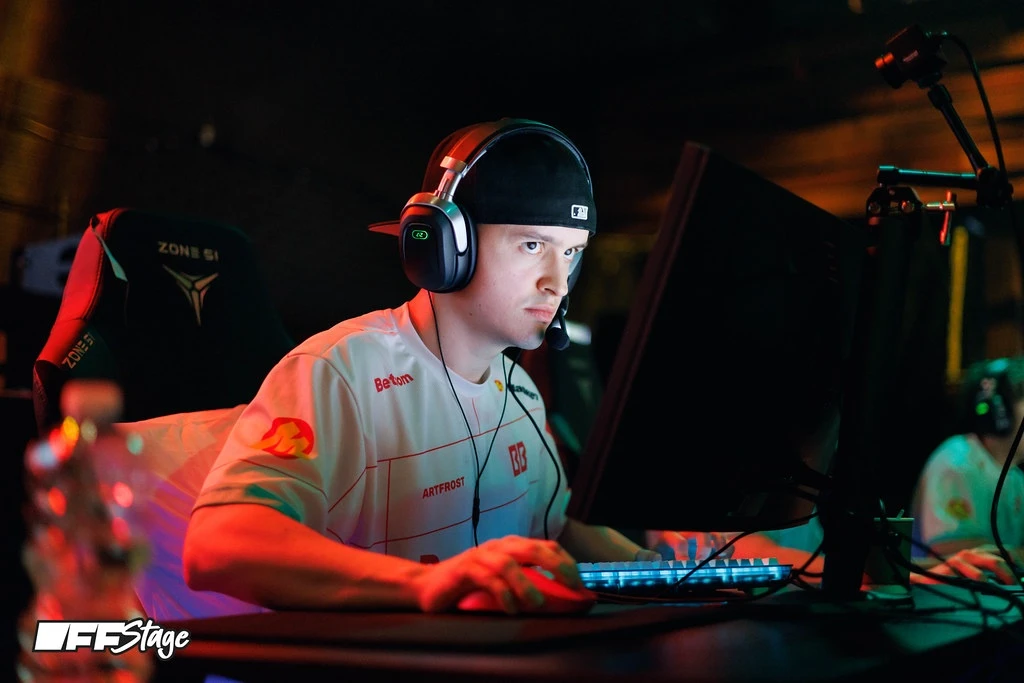
The biggest loss of the season: the death of RMR — “It was a chance for miracles”
Despite all disagreements about VRS, there is one point where every single player agrees: Removing RMR was the biggest loss of all.
RMR gave you a chance for a miracle. You could have a bad year and still play the tournament of your life to reach the Major, MUTiRiS says.
- alex calls RMR “a roller coaster.”
- LNZ — “a fair, understandable system.”
Now qualification has lost its unpredictability and magic. Along with it disappeared the legendary stories fans remember for years — crazy comebacks, 0–2 turnarounds, dramatic last-match slot battles. And it seems it’s not just fans who miss it — players do too.
read more
A system that works — but not for everyone
The new CS2 qualification season was transformative: it created dozens of LANs, revived the tier-2 scene, and made the competitive calendar more dynamic. But it also brought exhaustion, unequal opportunities, visa chaos, risks of abuse — and killed RMR, the most emotional part of the journey to the Major. Players who failed to reach Budapest are honest: they blame themselves first. But that doesn’t erase the fundamental questions about a system where some teams simply have more chances than others.
And as we prepare for the start of Budapest Major 2025, it’s worth remembering: every story of success begins with those who failed — but are ready to try again.





























